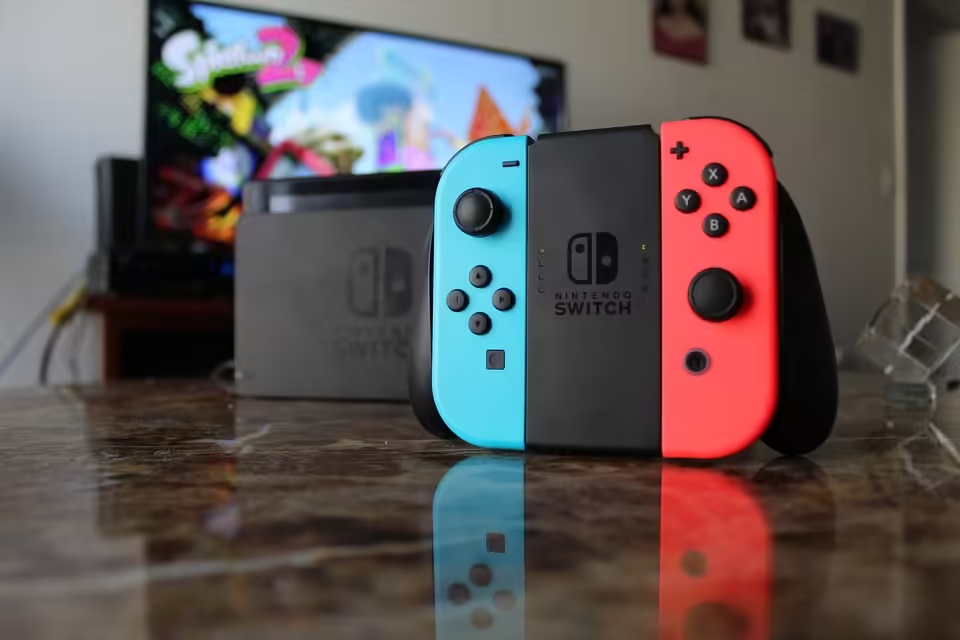When it comes to choosing a new laptop, the options can be overwhelming. Two popular choices are Chromebooks and Windows laptops. Both have their pros and cons, and the right one for you depends on your needs and preferences. In this article, we’ll explore the key differences between Chromebooks and Windows laptops to help you make an informed decision.
Chromebooks are known for their affordability and ease of use. They are designed specifically for web-based applications and run on Google’s Chrome OS. One of the biggest advantages of Chromebooks is their simplicity. They have a straightforward interface and are easy to navigate, making them perfect for those who are not tech-savvy. Additionally, Chromebooks are generally more affordable than Windows laptops, with prices starting at around $200. However, Chromebooks may not be the best option for those who need to run resource-intensive applications, such as video editing software or games.
Windows laptops, on the other hand, offer more flexibility and customization options. They can run a wide range of applications, including Microsoft Office, Adobe Photoshop, and many more. Windows laptops are also more powerful than Chromebooks, making them a better option for those who need to run demanding software. However, Windows laptops can be more expensive, with prices starting at around $500. They also require more maintenance and can be more prone to malware and viruses.
Another important consideration is storage. Chromebooks typically have limited storage capacity, which can be a problem for those who need to store large files or applications. Windows laptops, on the other hand, often have more storage capacity, making them a better option for those who need to store a lot of data.
In terms of processor speed, Chromebooks typically have slower processors than Windows laptops. This can affect performance, especially for tasks that require a lot of processing power. However, Chromebooks are designed specifically for web-based applications, which are generally less resource-intensive than desktop applications. Windows laptops, on the other hand, can have faster processors, making them a better option for those who need to run demanding software.
When it comes to battery life, Chromebooks generally have longer battery life than Windows laptops. This is because Chromebooks are designed to be lightweight and energy-efficient, making them perfect for those who are always on the go. Windows laptops, on the other hand, can have shorter battery life, especially if you’re running resource-intensive applications.
In terms of software, Chromebooks come with Google’s Chrome OS pre-installed. This provides access to a wide range of web-based applications, including Google Drive, Gmail, and Google Docs. Windows laptops, on the other hand, come with Microsoft’s Windows operating system pre-installed. This provides access to a wide range of applications, including Microsoft Office, Adobe Photoshop, and many more.
Ultimately, the choice between a Chromebook and a Windows laptop depends on your specific needs and preferences. If you’re looking for a simple, affordable option that’s perfect for basic tasks such as browsing the web and checking email, a Chromebook may be the right choice for you. However, if you need to run more demanding software or require more storage capacity, a Windows laptop may be a better option., gadgets




